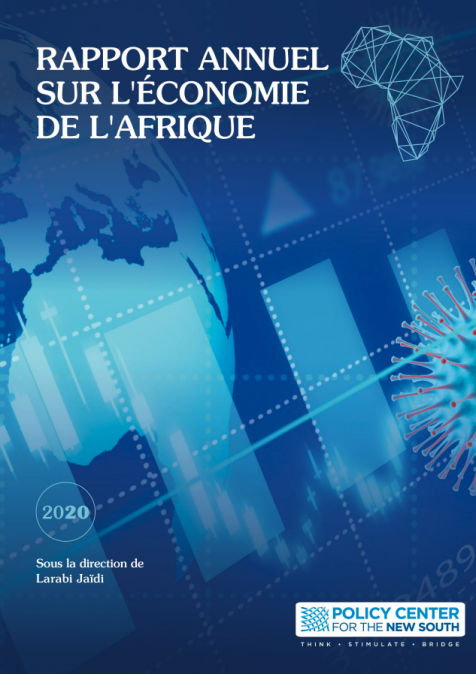Keynote Address: The Role of Morocco in Africa’s Development
- Ryad Mezzour, Minister of Industry and Trade, Morocco
Closing Session
- Ryad Mezzour, Minister of Industry and Trade, Morocco
- Montek Singh Ahluwalia, Former Deputy Chairman, Planning Commission of India
- Suma Chakrabarti, Chair of ODI Board
- Karim El Aynaoui, Executive President, Policy Center for the New South (PCNS)
- Enrique Garcia, Former President and CEO, CAF - Development Bank of Latin America
- Indermit Gill, Chief Economist and Senior Vice President for Development Economics, World Bank Group
- Nobumitsu Hayashi, Governor, Japan Bank for International Cooperation (JBIC)
- Donald Kaberuka, Former President, African Development Bank (AfDB)
- Harinder Kohli, Founding Director and Chief Executive, Emerging Markets Forum (EMF
- Hiroshi Watanabe, President of Institute for International Monetary Affairs






